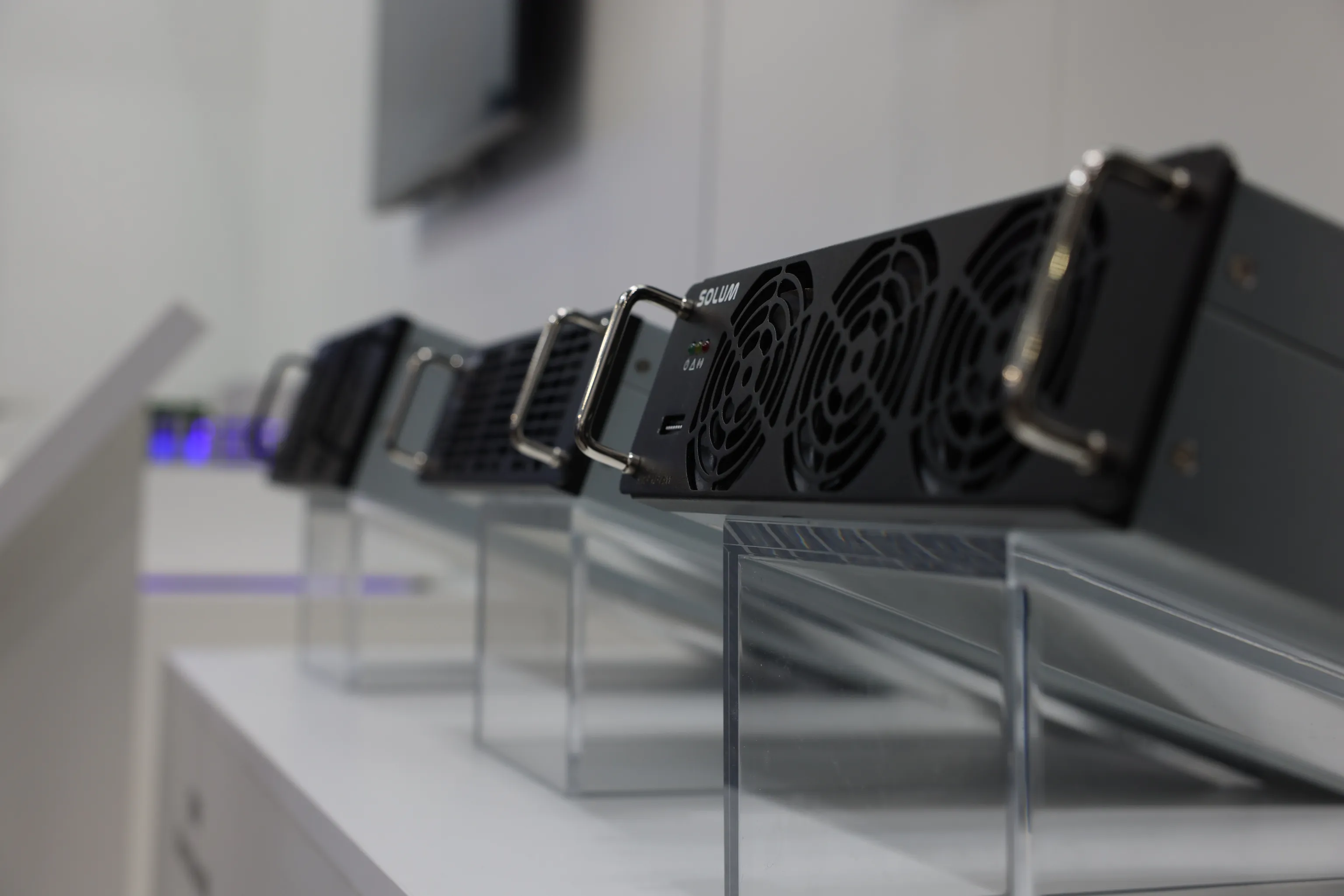What are Brainwave Sensors and How Can They Measure Brain Waves?
The human brain is both a wonder and a mystery. Imagine millions of neurons firing to form signals and electrical pulses, and those signals communicate with each other. This then produces electrical activity in the brain and creates brain waves, which are crucial to all aspects of brain functioning: thoughts, emotions, and behaviors. The brain helps us think clearly and critically, it helps us learn, and so much more.
However, our brains need some help sometimes—whether it be because of various stressors, pressures, injuries, or disorders. To help us understand our brains a bit better, and to ease our minds and improve mental states, a brainwave sensor might be able to help.
What are brainwave sensors?
Brainwave sensors are devices able to detect brain activity in the form of brain waves, brain temperature, pressure, and more. They are usually wireless and noninvasive, so as to not make patients and other users uncomfortable.
Other brainwave sensors, such as the SOLUM Brainwave Sensor, can also detect other vital signs like heart rate, breathing, and body movements, apart from providing real-time brain activity. This is because it has features like the electroencephalogram (EEG) Sensor, PPG+Pulse Oximeter, PPG+Gyroscope, and Accelerometer. The SOLUM Group also equipped the Brainwave Sensor with an intuitive app that will not only show brain activity, but also give users a chance to meditate, ease their minds, and relax depending on their mental state.
How can they measure brain waves?
Brainwave sensors can measure brain waves through EEG. EEG sensors monitor and record electrical activity produced in the brain. This allows people to monitor brain activity, allow professionals to identify abnormalities, diagnose cognitive disorders, and more.
One of the main uses of an EEG is to detect and diagnose epilepsy, a brain condition that causes repeated seizures. Mobile EEG and portable brainwave sensors could also help epileptic patients enjoy better and long-term monitoring even in a non-hospital environment. Apart from this, EEG and other brainwave sensors may also be used to detect other problems such as dementia, head injuries and concussions, brain tumors, encephalitis (brain inflammation), and sleep disorders (sleep apnea).
In a typical EEG test, small sensors are attached to a patient’s scalp to pick up the electrical signals and activity produced by the brain. These signals are then recorded by a machine and looked at by a doctor or other healthcare professional.
With brainwave sensors, on the other hand, all users need to do is wear the sensor (which is usually a wearable headband device) and connect to an app that delivers real-time feedback. After that, the built-in EEG in the sensor will measure brain waves and monitor brain activity. Other sensors built into the brainwave sensor will also help monitor vital signs.
Brainwave sensors are noteworthy inventions that can make people’s lives easier. They measure brain waves or activity and provide crucial data that can change perspectives.
Where can we use brainwave sensors?
Brainwave sensors have a lot of applications and can be used in various fields and industries. When used correctly, they become a big advantage and can play an invaluable role in various situations. Here are a few brainwave sensor uses and applications:
- Research and neuroscience - Brainwave sensors have an immense influence on neuroscience research. They are utilized to detect and study brain activity patterns, cognitive processes, and even various mental states. They can provide valuable data that researchers and scientists need to learn more about brain function and various aspects of human cognition.
- Healthcare and medicine - Brainwave sensors, of course, are mainly used for healthcare and medicine applications. This is because professionals can use these sensors to monitor and diagnose neurological conditions such as sleep disorders or attention deficit hyperactivity disorder (ADHD). A brainwave sensor can help with assessment and treatment planning.
- Mental health and stress management - Stress management and meditation can also utilize brainwave sensors. These sensors can provide real-time feedback on brain activity, and help patients navigate through mental states, manage stress, and improve focus or relaxation.
- Monitoring brain injury - In the United States, there are over 69,000 deaths related to traumatic brain injuries in 2021. This makes brain injury monitoring all the more important, and brain wave sensors can help with these.
- Sleep assessment - Brainwave sensors also help in understanding sleep patterns and their effects. It can help diagnose disorders in patients and improve sleeping routines.
- Education improvement and cognitive training - Brainwave sensors are also an advantage in educational settings. They can help monitor students’ attention levels, focus, and engagement. Furthermore, it can help in creating a better learning environment and improving teaching techniques for students.
- Gaming and entertainment - It might be surprising, but brainwave sensors are also used in gaming and entertainment nowadays. They can be integrated into modern gaming systems and virtual reality (VR) platforms to create a much more immersive experience.
- Neurofeedback - More often than not, brainwave sensors are used in neurofeedback therapy to measure and monitor a person’s brain activity.
- Brain-computer interfaces (BCIs) - Brainwave sensors are employed in BCIs to allow individuals to control or transmit data to external devices.
Brainwave sensors offer more insights into people’s brain activity, help us know more about our mental states, and help us learn how we can improve our brain functions. We can use a brainwave sensor as a healthcare device, an aid in research, a learning tool, an aid in therapy, and so much more.











